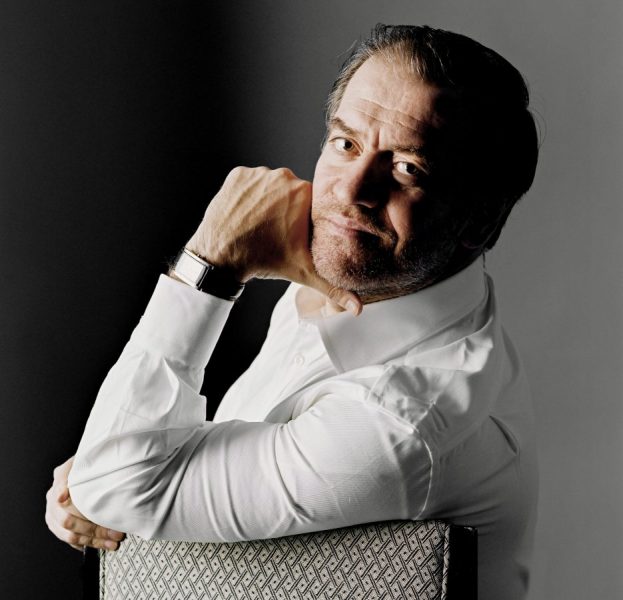@ Usher Hall, Edinburgh, on Sun 30 Aug 2015
Given the relatively conservative musical tastes of the Edinburgh International Festival, it is a pleasant surprise that its final concert comprises exclusively 20th century music, if sadly the programme doesn’t quite reach to anything post-1945. Indeed, it is feasible that there is someone living who may have witnessed the premieres of all three of tonight’s works, although admittedly they would have to be now a little over 100 years old.
The evening begins with the concert suite version of Béla Bartók’s The Miraculous Mandarin, premiered in 1926 in Köln. There is a very nice rendition of its famous clarinet solo—beloved of books of orchestral extracts—and a grand appearance of the Usher Hall organ. However, while this performance is undoubtedly very competent, it is unfortunately not particularly miraculous. Despite the profusion of orchestral techniques on show, it all comes over as a little too safe: both the tension and passion seem to be missing.
Yefim Bronfman’s interpretation of Bartók’s piano concerto no. 3, premiered in 1944, follows and is slickly played, not a note out of place. Yet Bronfman’s style is just somewhat too Rhapsody in Blue and missing the edge that this concerto really needs (at least in some places), his articulation very soft throughout.
Stravinsky’s Rite of Spring, premiered in 1913, draws the concert to a close. Its notorious opening bassoon solo begins somewhat unsteadily but recovers fairly quickly. In the orchestra’s stiller moments, when Stravinsky’s translucent orchestration is allowed to fuse together properly, it sounds beautiful. However, some of the louder tutti feel uncontrolled, and the final Danse sacrale drags its feet and is under articulated: it is hard to imagine it being danced.
This is a nicely programmed concert, and the London Symphony Orchestra play extremely well under Valery Gergiev. It is nevertheless surprising, given the conductor and given the music, that it ends up sounding so benign—so British—as if all its sex has been carefully covered over with pasties.
